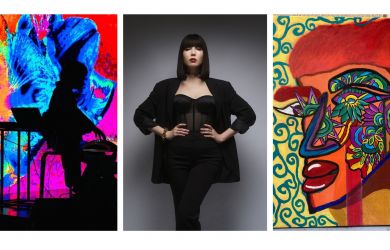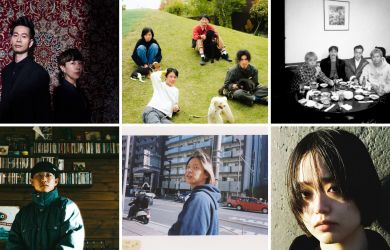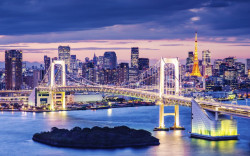
August 30, 2023
Based in Japan: Designing For a Better World
Innovation meets perspective with digital nomad Christopher Dame
With the world leaning towards a future filled with innovations such as AI and autonomous driving, we’re here with Christopher Dame, a designer, leader and innovator. As the CEO of Carry Everything On, an innovation consultancy focused on developing better customer experiences for global organizations such as NASA and Google, Dame speaks with Metropolis about the importance of ethnographic research when designing technology for people. He’s no stranger when it comes to traveling, as he’s a digital nomad who has lived in the slums of India and the buzzing city of New York. With a focus on making people’s lives better, Dame upholds a wide range of projects that do exactly that, from designing Stephen Hawking’s wheelchair interface for more efficient communication to a smart basketball that tracks and coaches your playing for athletes looking to improve their skills.
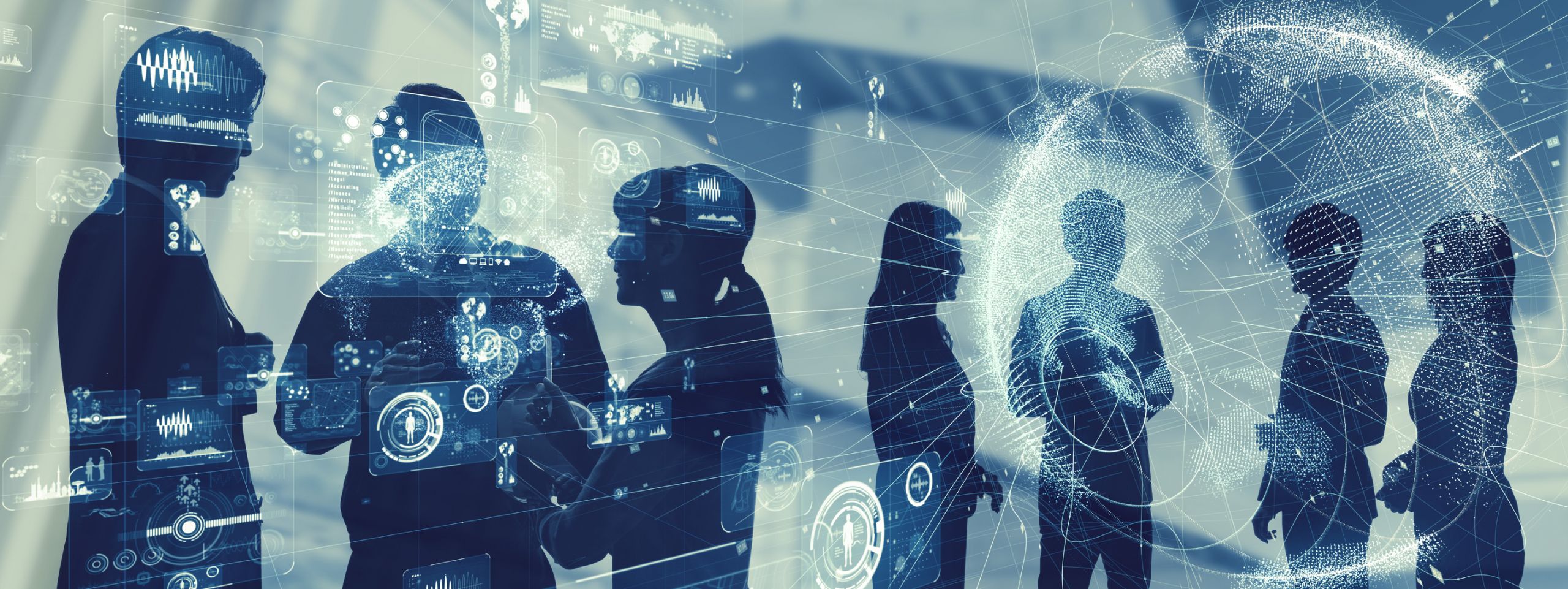
Metropolis: You must hear this all the time, but can you explain your job title and what your job means?
Christopher Dame: I’m an innovation consultant. What that means is that whenever a company goes through its day-to-day, it generally keeps doing the same thing, making money, doing what it’s good at. Every now and then, someone decides they want to do something new to release it out into the world and look at those results. What I do is I bring in a methodology to that, which increases the chances of success in my opinion. I start off looking at the overall opportunity space. Once we figure that out, I do ethnographic research. I travel somewhere, I live with people for a little while, and I figure out what their lives are like and what their problems are. After, I step away and design solutions for those problems. I build prototypes then take them back out to those people to see if it does solve their problems. If it does, they get tweaked and released out into the world, mass-produced, the company takes all the credit and I move on to the next project.
M: You’re a digital nomad, but you’ve chosen Japan as your current home. What brought you back here?
Dame: Every country has pros and cons, but I really enjoy the pros here. I lived in Japan for a while in 2011, though that was not my first time visiting. I left for work and life obligations which only brought me back to Japan about once a year. I always looked forward to that. When the pandemic hit and I suddenly wasn’t able to visit anymore, it became clear to me how much I missed Japan. I knew I wanted to spend more time here and decided to move here as soon as I could.
M: What are some of the coolest projects that you can tell us about?
Dame: At this point in my career, I’ve worked on such a wide variety of projects it’s hard to pick a handful of them, but some of the fun ones that I designed are a smart basketball that tracks your movements to become a better player. I designed the interface for Stephen Hawking’s wheelchair. I worked with a Southeast Asian government in order to help increase the declining birth rate in the country and I worked on one of the most-played video games in the world to make it more fun and less toxic. I helped design a medical device for elderly people to manage chronic diseases.
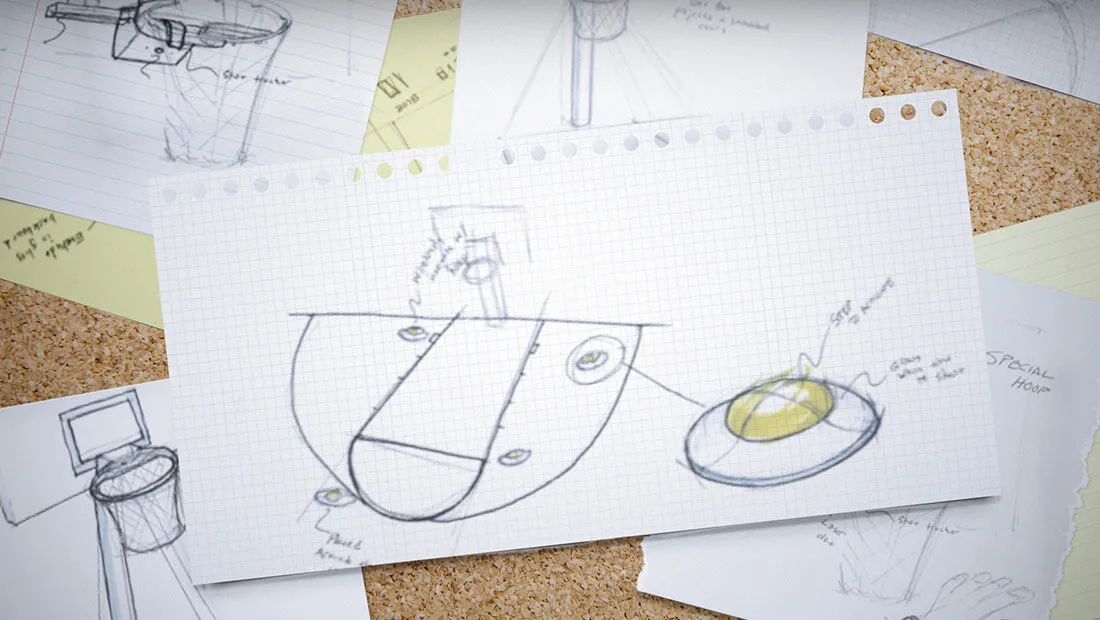
M: What advice would you give to other digital nomads who also want to settle in Japan?
Dame: First and foremost, get to know the country first. Learn the language, spend time acclimating to the culture and make sure that the country is a good fit for you and that you do want to spend time there. If you do, right now there is no shortage of options for spending time here.
M: What’s the biggest lesson you learned from traveling?
Dame: One of the big things that helped me enjoy travel is what I call pre-loading. Before you start traveling, or any project really, figure out what you want to do. Start building a list of all the options. This way, you figure out all the areas you want to visit and have that document somewhere readily accessible. Then whenever you get to your destination, you can live in the moment and enjoy things as they come, every now and then consulting your past self for your own recommendations of the next thing to do.
Some of my favorite experiences traveling are when absolutely everything went wrong. I’ve been stranded on a rainy island for days at a time, because I’m able to say, “Alright, this happened. I’ve got all this other positive stuff, right? Because I’ve pre-loaded this, let’s take advantage of this and see what we want to do here.” If you take the time beforehand to make some plans, you can take advantage of it. If something goes wrong you have a backup plan in place.
M: What are some valuable life lessons from projects you’ve worked on?
Dame: Because of the ethnographic research that I’ve done, the biggest thing that I’ve learned is to not make assumptions about people. When I started talking to people directly, there were assumptions that I had, things I thought were unique to this culture or things that are universal. I’ve had every single one of those proven wrong, with reality proving much more interesting. It’s fascinating to keep asking questions to people in order to figure out why things are the way they are in the most respectful way possible.

M: What inspired you to start your career?
Dame: I was always learning different things, curious about different things. I started learning graphic design and coding. Because I was able to do multiple parts of the same thing, I had this bigger-picture view of the project and saw where things could fall apart and where things were slipping between the cracks. I started picking those up. That became a new job.
As I said before, like pre-loading, I put in a ton of work upfront on those things, so that whenever some random project pops up, I’m able to dedicate myself to this and actually start working on this thing. Quite frankly, there were a lot of times that, out of making pure mistakes, I’ve turned them into opportunities.
M: Were there any commonalities you noticed within the countries you visited, particularly in their perspective on innovation? Or anything vastly different?
Dame: One of my favorite things to do as I travel around the world is see the different personalities of countries or cities. They tend to be very different. The personality of Tokyo is very different from the personality of Fukuoka. You’re going to get very different kinds of people despite them having Japanese commonalities throughout. So trying to figure out what really works for different areas is very specific.
Specifically regarding innovation, a lot of places will say that they want to innovate. But when you start actually showing the work involved to get there, people immediately start backing down. It takes a lot of work to do something that’s never been done before.
In a place like America, a lot of the business culture is to move fast, break things, figure out what you need to repair and how to move forward from there. It’s very different from Japanese culture, which is a lot more waiting for other people to figure out what’s working, copy that and improve upon that. There’s an expression that I’ve heard many times over, which is that Japan doesn’t innovate anything new. But anything that does exist, they will make it better than anywhere else. And while there are obviously exceptions to all of this, I have seen that happen a lot here. It can be a lot harder to get people to break out of the box, because there’s a much bigger risk involved with that here than America.
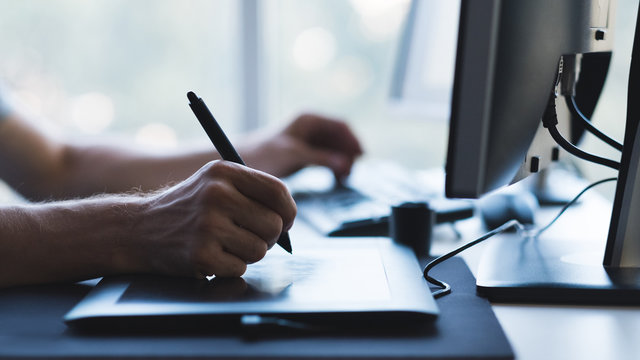
M: What is the advice you would give someone who’s striving to follow along in your path?
Dame: I teach my processes to a lot of companies and universities. My favorite university lecture to give is one that I call “You can do everything you want in life, just not all at once.” Everyone tries to do all the things at the same time. One of the big messages in this is what you say no to is more important than what you say yes to. If you want to actually do something, you have to accept that you’re going to have to say no to 90% of opportunities that come along if you actually want to do that one thing.
M: Have you ever encountered anyone who disagreed with what you came up with? How do you deal with that?
Dame:
I want to be wrong about things because that’s how I figure out what’s actually going on there.
Whenever I’m working on a project, I find someone who hates everything I do and work closely with them. I love finding out I was wrong about something because that means that I can fix it.
M: What are some things that you notice aren’t taken into consideration when designing innovation?
Dame: If you ask your existing customers what they want, it will always be slightly more efficient, but you will never figure out the real life-changing differences you could make. Break off-script and ask real questions about real things that happened to them and genuinely care about their responses. Suddenly, you’ll get people telling you so many great stories they never would have told. If you’re someone that’s stepping into a position to make their lives better, take advantage of the conversations to find the real problems that are deep below the surface. That’s when you really start being able to effect real change.
